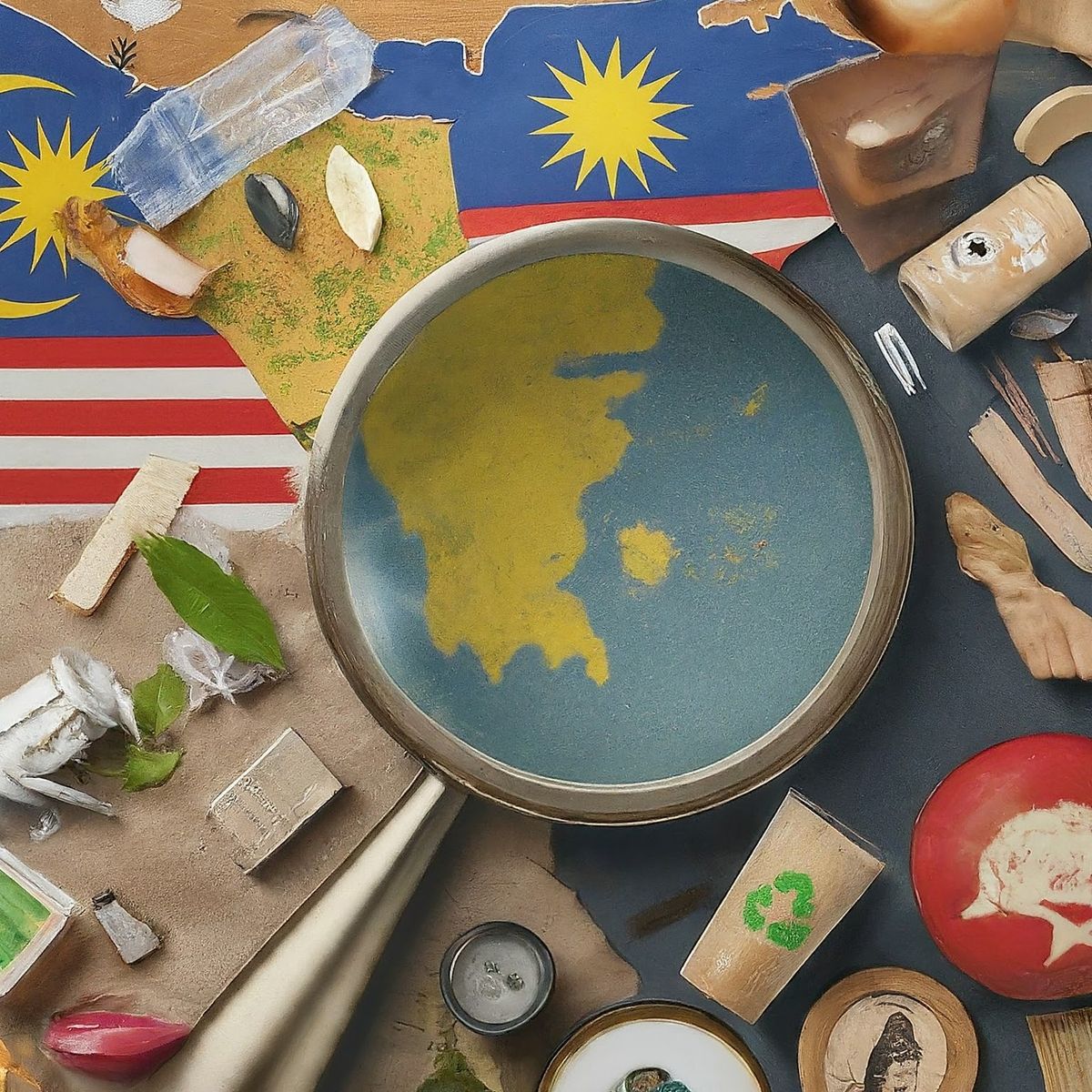
Global Sustainable Packaging Policies
In the fight against environmental degradation. Sustainable packaging has become a key focus area worldwide. Understanding the global regulatory landscape is crucial for businesses. Especially in nations like Malaysia. Where environmental conservation is increasingly prioritized. These regulations shape how companies approach sustainable packaging and green packaging solutions.
The Global Push for Sustainable Packaging
Harmonizing Environmental Goals
Countries around the world are implementing policies to promote sustainable packaging. These actions work to cut down waste, make recycling easier, and lessen the harm packaging does to the environment. The global push signifies a collective commitment to environmental stewardship.
Diverse Regulatory Approaches
Different countries have adopted various approaches to regulate sustainable packaging. Some have introduced stringent regulations and standards. While others offer incentives to encourage the shift. This diversity reflects the unique environmental, economic, and social contexts of each nation.
Malaysia's Position in Sustainable Packaging
National Regulations and Initiatives
Malaysia is actively participating in the global movement towards sustainable packaging. The government has started different plans and rules to help people use more earth-friendly packaging. This commitment is aligned with Malaysia's broader environmental conservation goals.
Challenges and Opportunities
Even with the government's help. Malaysia finds it hard to fully use green packaging rules. Because of things like building needs and costs. But, these tough spots also give chances for new ideas and growth in eco-friendly packaging.
European Union: A Model in Sustainable Packaging Regulation
Comprehensive Policies
The European Union (EU) is often considered a leader in sustainable packaging regulation. Its rules cover how to handle waste, goals for recycling, and limits on some materials. The EU's way of doing things is a good example for other countries, like Malaysia, to make their own rules.
Impact on International Trade
EU regulations have a significant impact on global trade. By influencing how products are packaged and shipped internationally. For countries like Malaysia, which export to the EU. Compliance with these regulations is crucial for market access.
United States: Voluntary Standards and State-Level Initiatives
Federal vs. State Regulations
In contrast to the EU, the United States has a more decentralized approach. With significant variations in sustainable packaging regulations across states. This patchwork of regulations presents both challenges and opportunities for businesses operating in multiple states.
Emphasis on Voluntary Standards
The U.S. largely relies on voluntary standards and industry-led initiatives for sustainable packaging. This approach encourages innovation and flexibility. But can lead to inconsistencies in the adoption of green packaging practices.
Asia-Pacific Region: Emerging Trends in Sustainable Packaging
Growing Environmental Awareness
The Asia-Pacific region, including Malaysia, is witnessing a growing awareness of environmental issues. This has led to the introduction of various policies and initiatives. It is aimed at promoting sustainable packaging.
Diverse Regulatory Environment
The regulatory environment in the Asia-Pacific region is diverse. With countries at different stages of implementing sustainable packaging policies. For Malaysia, this diversity offers a chance to learn from regional neighbors and tailor policies to local needs.
Navigating the Complex Regulatory Landscape of Sustainable Packaging: A Focus on Malaysia
The regulatory landscape for sustainable packaging is complex and varied across the globe. Understanding these regulations is vital for businesses. Especially in countries like Malaysia. Where adherence to global standards is crucial for economic growth and environmental conservation. As the world moves towards greater sustainability. By staying informed and adaptable to these changing regulations. It will be key for success in the green packaging sector.




